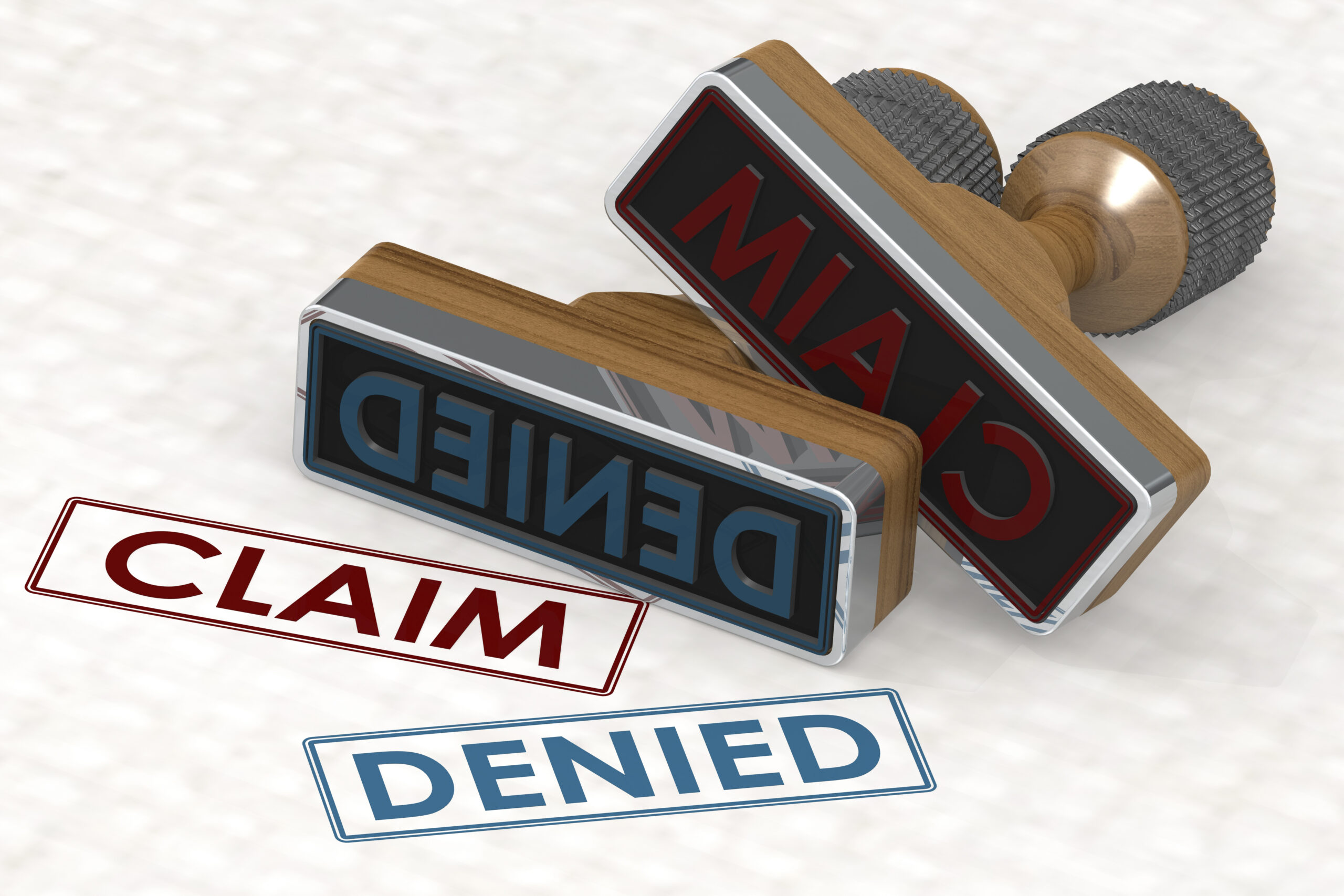Let’s be honest: Filing an insurance claim is like trying to solve a tough puzzle. It’s tricky with all the rules and small details. This can make the whole process really frustrating, especially when claims get denied.
But have you ever wondered why so many claims end up being rejected? Did you know that many of these problems can be avoided?
Before we go into the nitty-gritty, it’s important to understand the main reasons why claims don’t make it through and how we can prevent these issues. Stick with us as we share some top tips for submitting claims the right way and avoiding those annoying denials.
Six Common Pitfalls Leading to Insurance Claim Denials
Denials of claims present a significant challenge for many hospitals and medical facilities. However, most of these denials can be easily avoided by steering clear of certain pitfalls.
Here, we discuss the six common reasons for claim denials:
- Duplicate Claims
Often, claim denials originate not from medical or policy issues but due to administrative errors such as resubmitting a claim too soon or failing to track its status efficiently.
Example: If a hospital submits the same claim twice because they didn’t check the status of the initial submission, it can lead to a denial.
- Incorrect Coding
Coding errors like incorrect ICD-10 codes can lead to claim denials.
For instance, if a procedure is coded incorrectly, it may not match the treatment provided, leading insurers to deny the claim.
- Incorrect or Missing Patient Information
A claim can be denied if there is incorrect or missing information about the patient, like a wrong subscriber number or date of birth. These mistakes often happen at the front desk.
Example: If a patient’s insurance ID is entered incorrectly, the insurance company may not recognize the patient, resulting in a denial.
- Lack of Proper Authorization
Some procedures require pre-authorization or pre-certification from the insurance company. Failure to obtain this approval can lead to claim denial.
For example, if a surgery is performed without getting the necessary pre-authorization from the insurance, the claim for this surgery will likely be denied. Understanding and complying with the pre-authorization requirements of different insurance policies is essential.
- Insufficient Documentation of Medical Necessity
Claims may be denied if insufficient documentation supports the medical necessity of a treatment or procedure.
For example, if a claim is submitted without medical records to show why a particular treatment was necessary, the insurer may deny it. Ensuring that all submissions are accompanied by thorough documentation can help prevent such denials.
- Ineligibility for Care
This occurs when patients receive services not covered under their current insurance plan. For example, a patient may seek treatment from an out-of-network provider without realizing it.
How to Turn Your Claim Denials Around?
Avoiding claim denials is important for maintaining a smooth and efficient billing process, so healthcare facilities receive timely payments for services. Properly addressing the causes of denials secures revenue and strengthens the provider-patient relationship by minimizing billing errors and misunderstandings.
Listed below are five key measures to avoid common claim denials:
- Implement Strict Data Verification: Make sure that patient information is accurate and complete. Regular training for front-desk staff and implementing double-check systems can prevent errors in patient data entry.
- Adhere to Submission Deadlines: Keep track of each insurer’s deadlines and ensure claims are submitted on time. Utilizing automated reminders and calendar systems can help manage these deadlines effectively.
- Obtain Necessary Authorizations: Always check if the treatment requires pre-authorization and obtain it before proceeding. Establish a protocol for checking insurance requirements to avoid missed authorizations.
- Stay In-Network: Verify the insurance network status before providing services. Regular checks and clear communication with patients about network changes can prevent out-of-network denials.
- Partner with Medkarma: Medkarma, a leading medical billing company in the USA, offers comprehensive billing solutions to minimize claim denials. Their expertise in revenue cycle management and coding ensures that claims are processed accurately and efficiently. By outsourcing billing tasks to Medkarma, healthcare providers can focus on patient care while improving their billing and claims process.
Wrapping Up Our Journey to Fewer Denials
Tackling claim denials is fundamental for healthcare practices’ financial well-being. Prioritizing patient information accuracy, meeting submission deadlines, verifying pre-authorizations, and confirming network status can drastically reduce denials. Partnering with Medkarma adds a layer of professional oversight, which ensures that claims are handled efficiently and correctly. By implementing these strategies, healthcare practices can achieve fewer denials, improved patient satisfaction, and a healthier bottom line.

